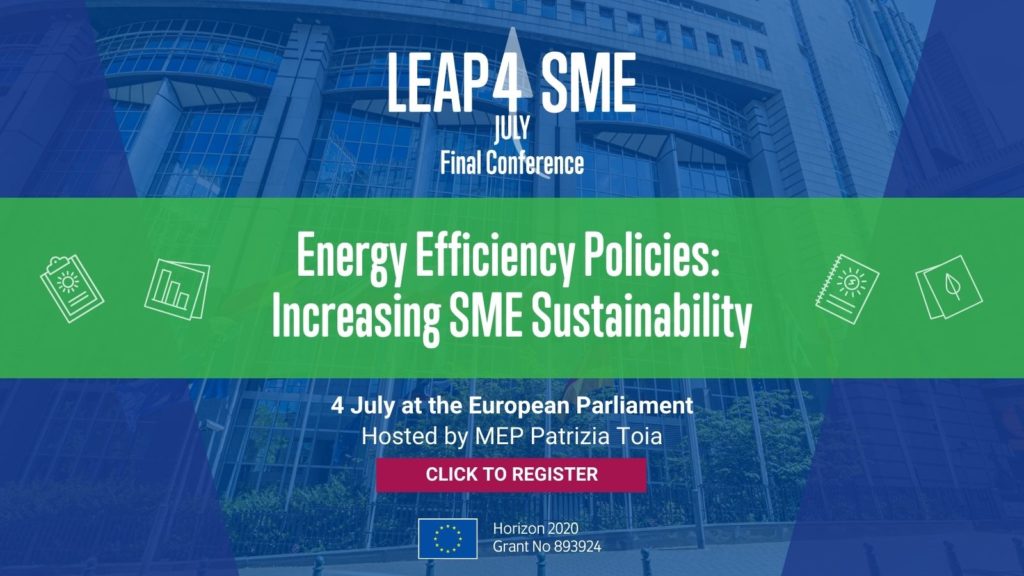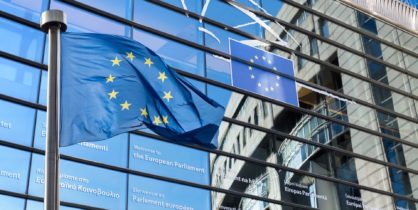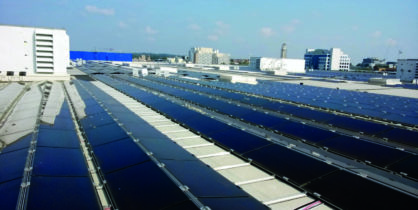SMEs: Champions of the Energy Transition
On the frontline of innovation, SMEs bring values, communities, and motivation to the energy transition.
We said it right away: the energy transition is possible only on condition that it is socially and economically sustainable. For this reason, small and medium-sized enterprises (SMEs) represent the trump card of the European Union, the furthest away from the large-scale planning needs of American multinationals or large state-owned companies in economies led by autocracies.
SMEs make up 99% of all businesses in the EU and employ 60% of the total workforce. But their importance goes far beyond these simple numbers: SMEs are deeply rooted in local communities and have a better understanding of their unique energy needs; their presence allows for localized energy solutions tailored to specific regions, resulting in improved energy efficiency and reduced transmission losses; and SMEs can develop decentralized energy systems, including microgrids and community-based renewable energy projects. These initiatives not only enhance energy resilience but also create local job opportunities, boost economic growth, and empower communities to take control of their energy supply.
SMEs are indispensable in driving the European energy transition towards a sustainable and renewable energy future.
In addition, SMEs are often at the forefront of innovation, offering new solutions and technologies that drive the energy transition. Their smaller size allows them to be more agile and adaptable, enabling faster deployment of innovative ideas. These enterprises can develop and implement clean energy technologies, such as solar panels, wind turbines, energy storage systems, and smart grid solutions. By fostering innovation, SMEs contribute to the diversification of energy sources and help reduce reliance on fossil fuels.

As Vice-Chair of the Committee on Industry, Research and Energy, I have worked for several legislatures to promote, support and encourage SME research and innovation, making sure that European regulations and the distribution of budgetary resources recognize their specificities and role.
Today, for example, the LEAP4SME EU-funded project aims to support Member States in establishing or improving effective policies for SMEs to undergo energy audits and implement cost-effective, recommended energy-saving measures through identifying the barriers for unlocking energy efficiency measures, mobilising private stakeholders, and proposing effective solutions to realise both energy and non-energy benefits.
SMEs are indispensable in driving the European energy transition towards a sustainable and renewable energy future. Policy-makers, industry players, and society at large must recognize and support the vital role of SMEs in achieving a greener and more sustainable Europe. Only through collective efforts and collaborations can we successfully transition to a low-carbon future. To reach the goal of net neutrality in 2050, we need the help of everyone and we need much more than economic programmes and planning: we need values, communities, families and motivation and that’s exactly where SMEs can play their role.





